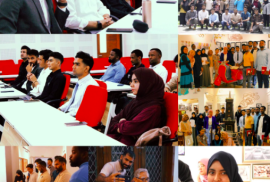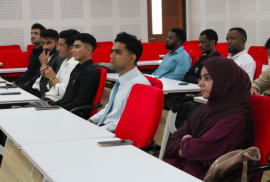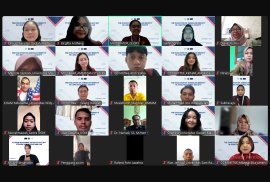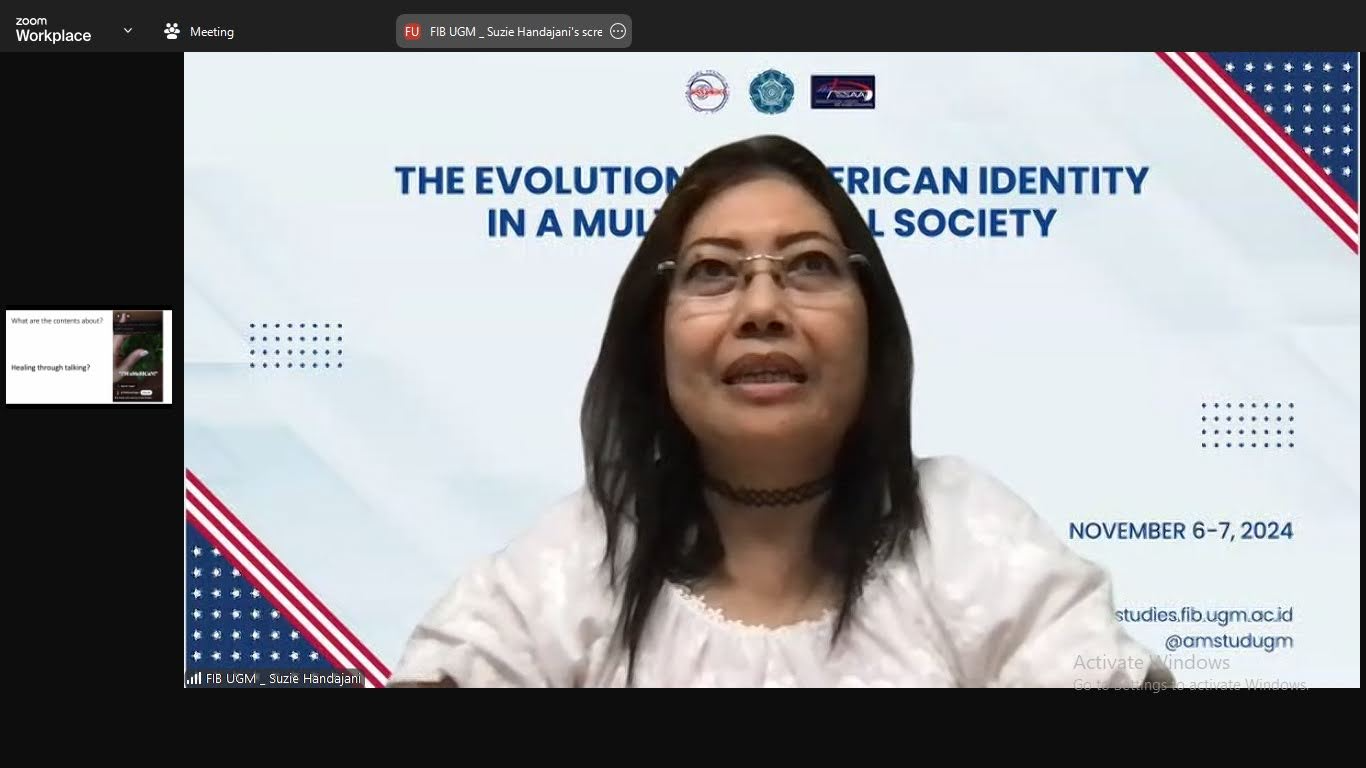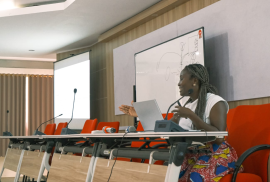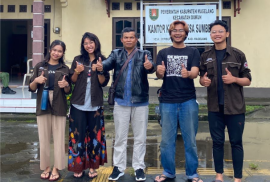Yogyakarta, 25/3/2025 – For the past four months, GMIF 2024 students have been immersed in their studies at INCULS, refining their Indonesian language skills in reading, listening, writing, speaking, grammar, and vocabulary. However, their learning experience extended far beyond the classroom. Through educational excursions to the Chocolate Monggo Museum & Factory, UGM Museum, and Grhatama Pustaka Library, they gained a deeper understanding of Indonesian culture.
As their time at INCULS drew to a close, students were assigned a final reading task to reflect on their experiences. The overall sentiment was overwhelmingly positive, with many praising the quality of instruction. Irakiza Gideon shared his appreciation:
“Their patience and encouragement fostered an environment that nurtured my growth. Now, I can confidently communicate in Indonesian, which is a testament to the effectiveness of their teaching.”
INCULS is not merely a language center; it is a place where students receive guidance from experienced educators while being immersed in Indonesian culture. Many students highlighted the warmth and unwavering support of their lecturers, tutors, and staff.
“Every lecturer is incredibly kind, approachable, and always willing to help,” one student noted.
For some, INCULS became more than an academic institution—it became a home away from home.
“INCULS was not just a place where I learned Indonesian; it was where I found a second family.”
“The lecturers and staff do not simply teach; they cultivate an environment that feels as welcoming as family.”
When describing INCULS in English, many students simply called it “home”:
“INCULS provided not only education but also a profound sense of belonging.”
As their journey at INCULS comes to an end, GMIF students unanimously agree that their experience here is one they will cherish for a lifetime. Their heartfelt testimonials further reinforce INCULS’ reputation as a premier institution for Indonesian language and cultural studies, offering a welcoming and enriching environment for international students.
[Public Relations of INCULS, Decika Syahda Maharani]

